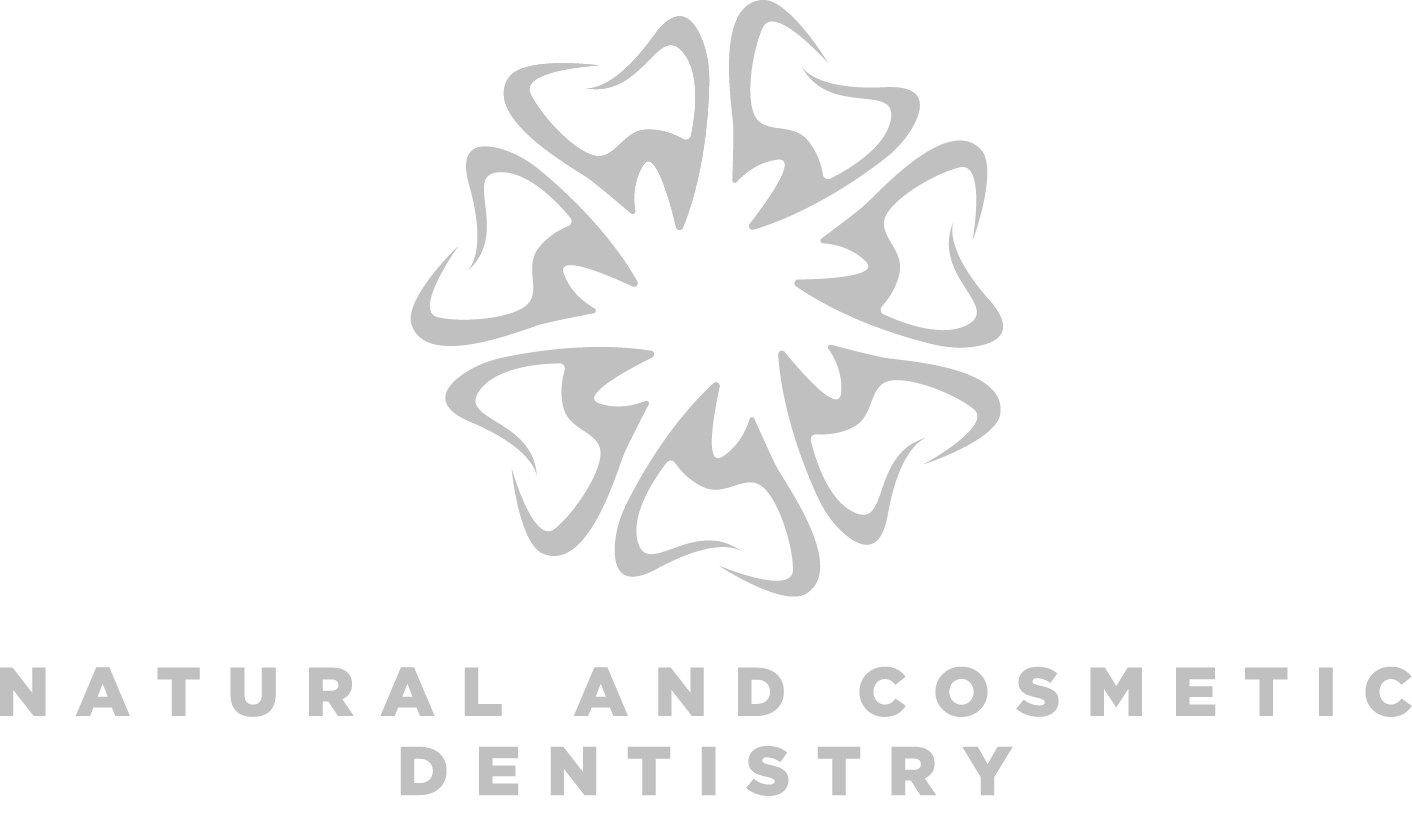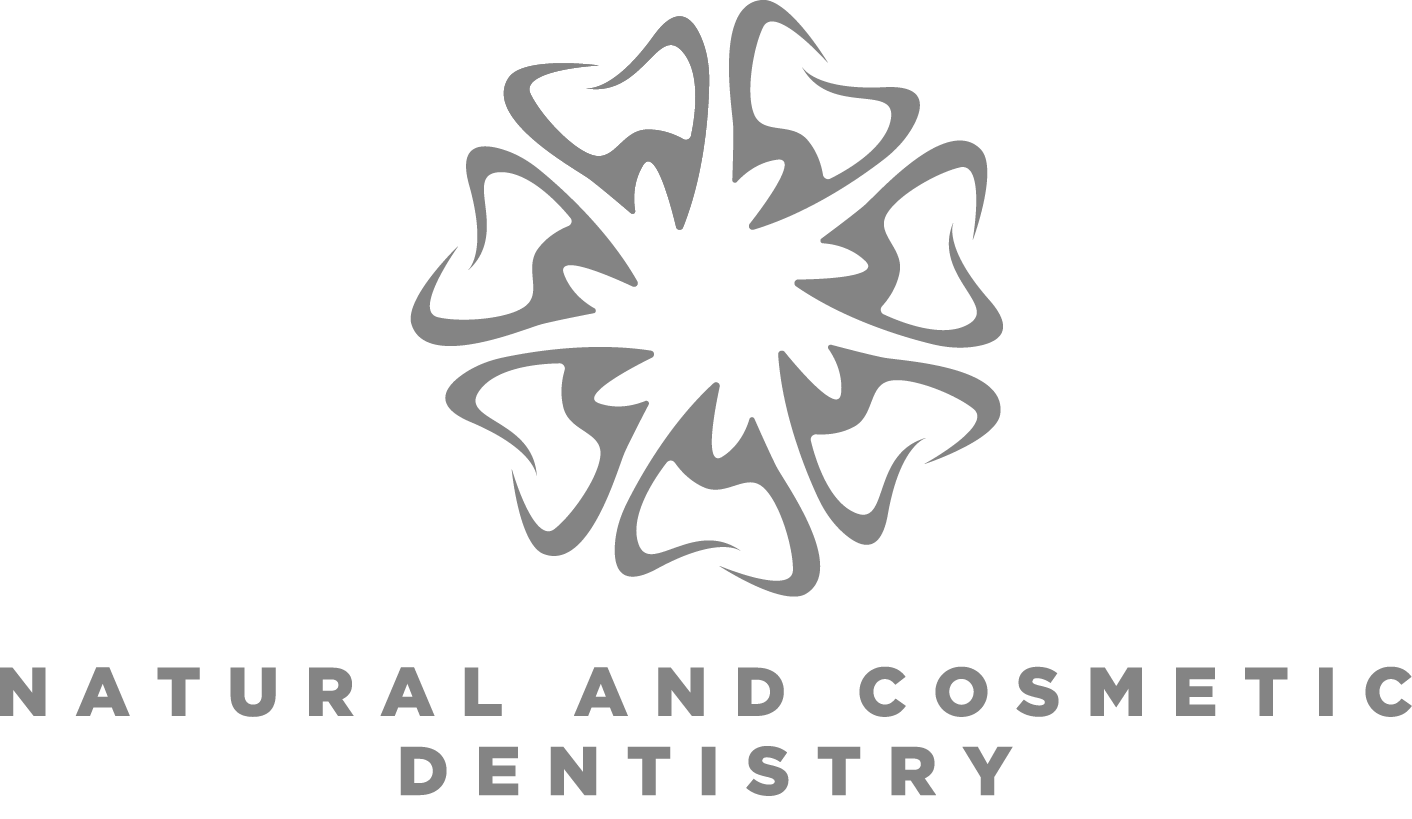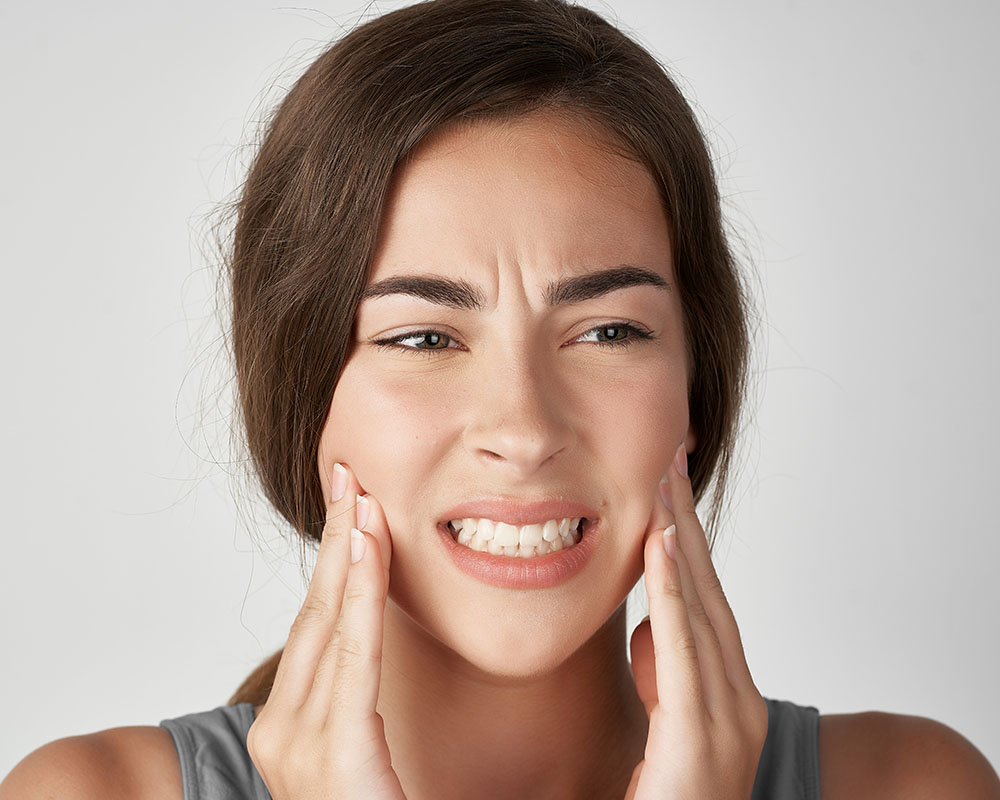Teeth grinding, also called bruxism, is actually fairly common. Most people grind their teeth or clench them from time to time. This occasional teeth grinding is usually not a cause for concern. However, when teeth grinding becomes a routine habit, it can cause a lot of damage to your oral health. Here is what you need to know about grinding your teeth, how it affects you, and how to stop.
Discovering if You Grind Your Teeth
You may be grinding your teeth awake or asleep without even realizing it. There are some signs that you are grinding your teeth at night. If you frequently wake up with a dull headache or a sore jaw, this is usually a clear sign that you are clenching or grinding your teeth in your sleep. If you are married or have a significant other, they may also be able to tell you if you are grinding your teeth at night.
What Grinding Your Teeth Does to Your Mouth
Chronic bruxism can lead to a number of dental problems. When you grind your teeth frequently, it can cause your teeth to become fractured or loose. When this happens, it can often lead to tooth extractions or other dental work. Any dental issues that you have, especially if they lead to missing teeth, can affect your appearance and overall health for years. It is important to stop grinding your teeth to avoid these complications.
Causes of Bruxism
There are several potential reasons that you might grind your teeth at night. Teeth problems can cause you to grind your teeth if your teeth don’t line up correctly or you have missing or crooked teeth. Anxiety and stress can also cause you to grind your teeth both awake and asleep. Some medications can cause bruxism, such as antidepressants, and some health conditions like Huntington’s disease or Parkinson’s disease can also cause bruxism.
How to Stop Grinding Your Teeth
The best way to mitigate damage from grinding your teeth is to stop immediately to avoid further damage. Some people use a mouthguard at night to avoid damaging their teeth while they are asleep, but there are several other things that you can do to minimize bruxism. The most direct way to resolve bruxism is the use of a mouth guard. The Comfort H/S™ mouthguard, for instance, uses a soft polyurethane inner layer that rests comfortably along the teeth and gums, and a hard, durable copolyester outer layer to alleviate grinding and clenching, custom-made to fit your unique bite using materials that are BPA-free.
This mouthguard’s careful design can resolve the pain and damage caused by bruxism, especially severe tooth, jaw, and facial pain.
If you grind your teeth, it is important to get a dental exam to make sure that there is no lasting damage that needs to be repaired. Contact us today for more information or to schedule your appointment.



